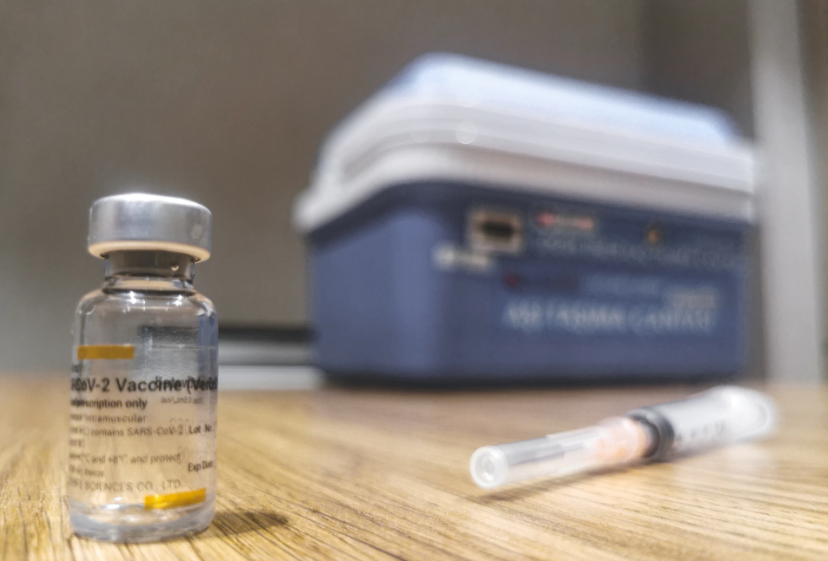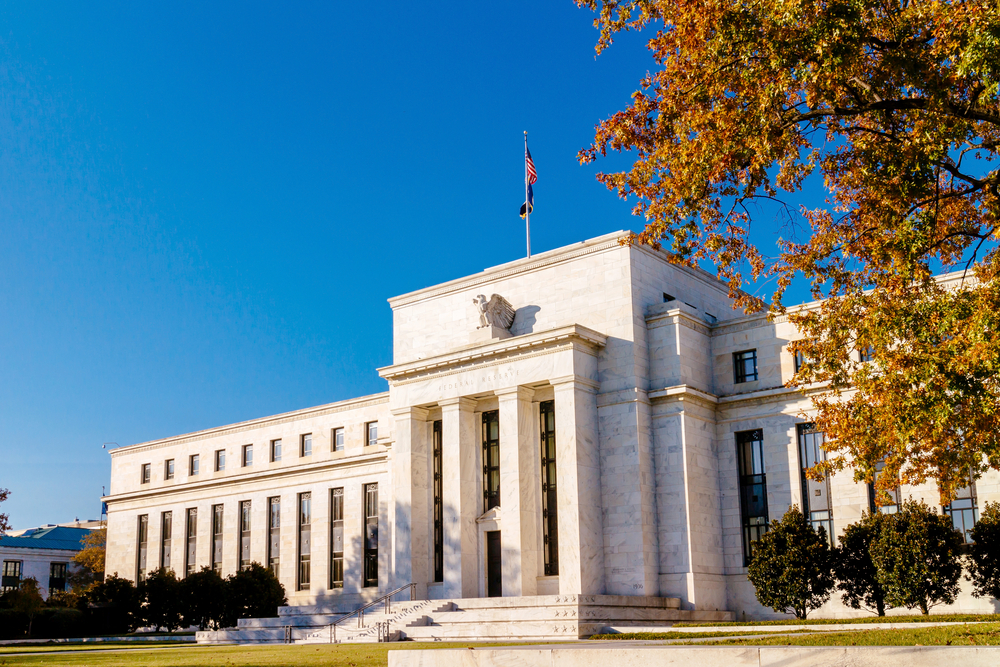A Raising Concern: AstraZeneca Vaccine
Oxford and AstraZeneca vaccine, one of the vaccines developed to minimize the effects of novel coronavirus (Covid-19), has been suspended by 11 countries in Europe due to the fact that it increases the risk of blood clots in adults.
As part of the fight against the coronavirus (Covid-19), work began on vaccines as well as restrictive measures. After about 9 months after the outbreak, the effectiveness of vaccines was announced in November 2020, developed and developing countries submitted preliminary request forms for the vaccines. While some of the vaccines produced have been introduced in Asia and Europe, the debate over the AstraZeneca vaccine has become the focus of the agenda in recent days.
The AstraZeneca vaccine cost the life of a person in the shadow of its first case in Italy, while Italy sued the pharmaceutical company, becoming the first country to suspend the vaccination. Following this incident in Italy, Iceland decided to temporarily block the use of the AstraZeneca vaccine. Following the actions of authorities in Italy and Iceland, the UK Medicines and Healthcare Products Regulatory Authority (MHRA) said they had not confirmed the side effects of AstraZeneca vaccines in order to clarify the issue, and people should be vaccinated to be protected against the outbreak.
On the other hand, German Health Minister Jens Spahn announced that they would continue using the AstraZeneca vaccine. However, afterwards the German government announced in a written statement that they were suspending AstraZeneca vaccines on the grounds that they caused blood clots. While concerns have been growing in Europe over the vaccine, France, Spain, The Netherlands, Ireland, Norway, Latvia, Romania, Denmark, Switzerland and Bulgaria have been the other countries to suspend it.
A statement from AstraZeneca on the issue noted that it had been used for more than 17 million people in Europe and Britain, noting that there was no evidence that it increased the risk of blood clots. In addition, analysis of the collected data showed no signs of increased risks, such as pulmonary embolism, blood clotting in the vessels, or low platelet count, the pharmaceutical company said.
British Prime Minister Boris Johnson defended the AstraZeneca vaccine, saying the vaccine was safe, while Marco Cavaleri, head of the European Medicines Agency (EMA), said there was no evidence to stop the vaccines but they would review it on Thursday to be investigated again.
A statement from the World Health Organization (who) indicated that there was no reason for rejection of AstraZeneca vaccines and there is good news about its reliability. It also pointed out that the use of the AstraZeneca vaccine should continue, yet it has minimal effect on the South African variant.
Coronavirus vaccine co-developed by Oxford and AstraZeneca against the outbreak is the focus of attention in Europe, and 11 countries will not use the vaccine in practice until its impact is investigated and final results are given. Accordingly, although the current delay in the vaccination campaign in these countries has not yet been clearly raised, this possible scenario may affect the expectations for recovery.





